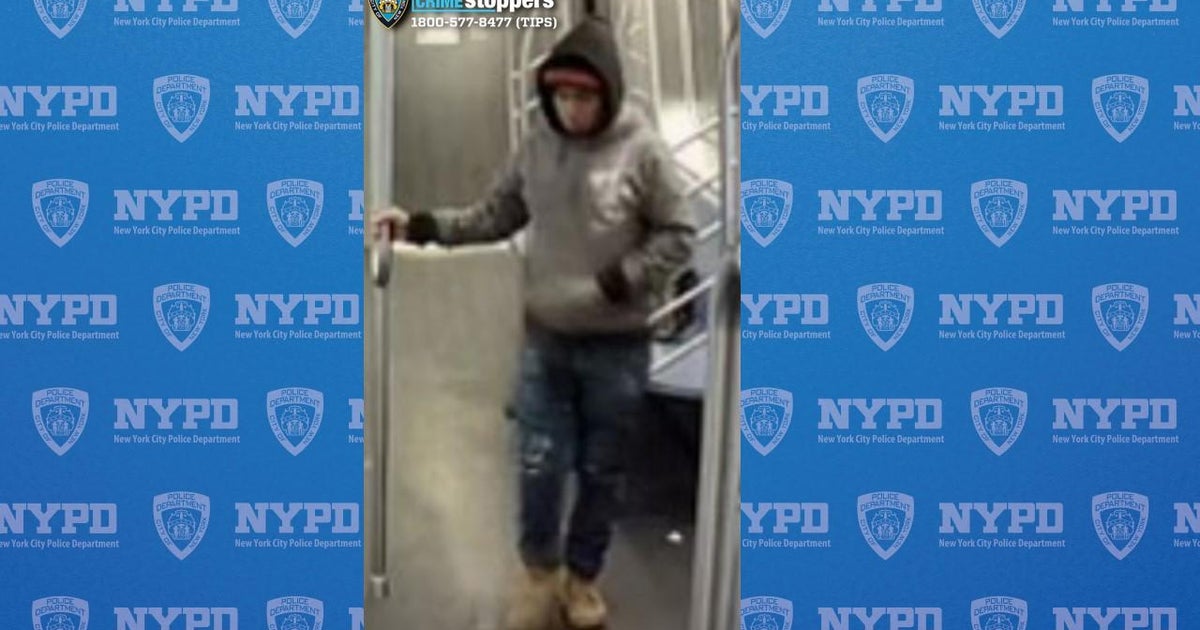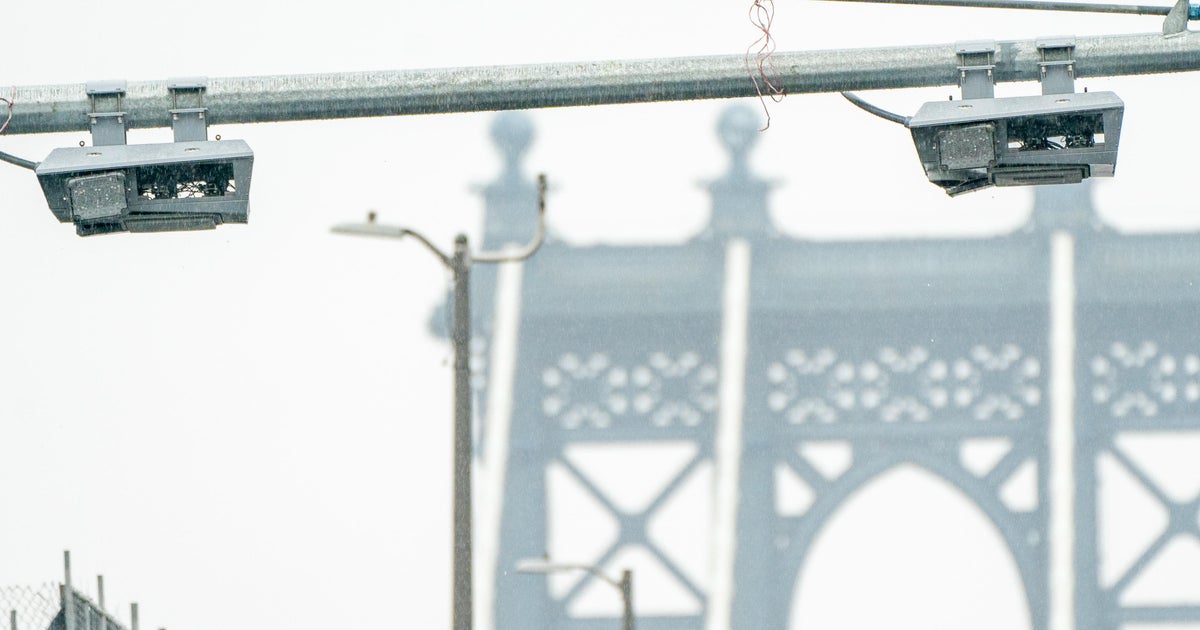CBS New York one-one-one: Mayor Eric Adams says images of 9/11 "never left" and influence his leadership today
NEW YORK -- New York City Mayor Eric Adams wasn't a politician when the planes hit the World Trade Center more than two decades ago, but he believed elected office was in his future.
He told CBS New York's Political Reporter Marcia Kramer what he saw and experienced that day made an indelible impression that has never left him. He said the images of the destruction haunt him, and they're the first thing he thinks about every single day.
"It never left, it never left. When I start in the morning, speaking to the police commissioner and the team, I'm asking, 'Are there any notable threats out there?'" he told Kramer. "Once I get that foundational, 'No, no real credible threats,' now I can shift and deal with all the other duties of running the city...
"The vigilance and the preparedness must be real and it must be constant," he added.
It was Primary Day when terrorists attacked New York City and then-Police Lt. Eric Adams was helping a friend distribute political leaflets on the Upper West Side. He saw the attack on a television in a local store and knew he had to get back to his Brooklyn precinct to report for duty.
"I first tried to take the train, but the service was closed off and we just started to walk downtown," he said.
It was nearly 15 miles from the Upper West Side to the 88th Precinct in Brooklyn, the trek taking him over the Manhattan Bridge.
"I just saw people in all sorts of dust and particles... The realization that the buildings collapsed did not settle in yet. I just thought it was the smoke and the soot coming from the airplanes hitting the buildings," he said.
Kramer asked about his first time visiting ground zero.
"That evening... The ground was smoldering. You still saw the smoke, you saw officers and Marines and National Guard all covered in soot. There was just eerie stillness," he said. "It was a clear indication of almost a warzone, of watching -- those buildings were gone."
The mayor said he worried about the safety of his brother, Bernard, who was also a police officer, and because the phone service was down, letting his mother know he was OK. But he also had a job to do, he was a police platoon commander.
"I was looking at how do we provide services right away? How do we do the search and recovery? How do we secure the area? How do we look at our manpower?" he said.
Now that he's mayor, Adams said he worries about other terrorist threats, are people who want to do harm slipping in through the border, will they come to New York with the buses of asylum seekers? He also worries about the first responders who got sick trying to help the city recover.
"We cannot forget them. You know, 'Never Forget' is not a bumper sticker or a slogan," he said. "The greatest thing about New York City and America was not what happened on 9/11, but what happened on 9/12. We got up, teachers taught, builders built, and we continued to show that we were not going to bend or break."
Kramer also asked the mayor how much longer New York City will continue to hold 9/11 remembrance ceremonies, and he said he hopes it never goes away.




